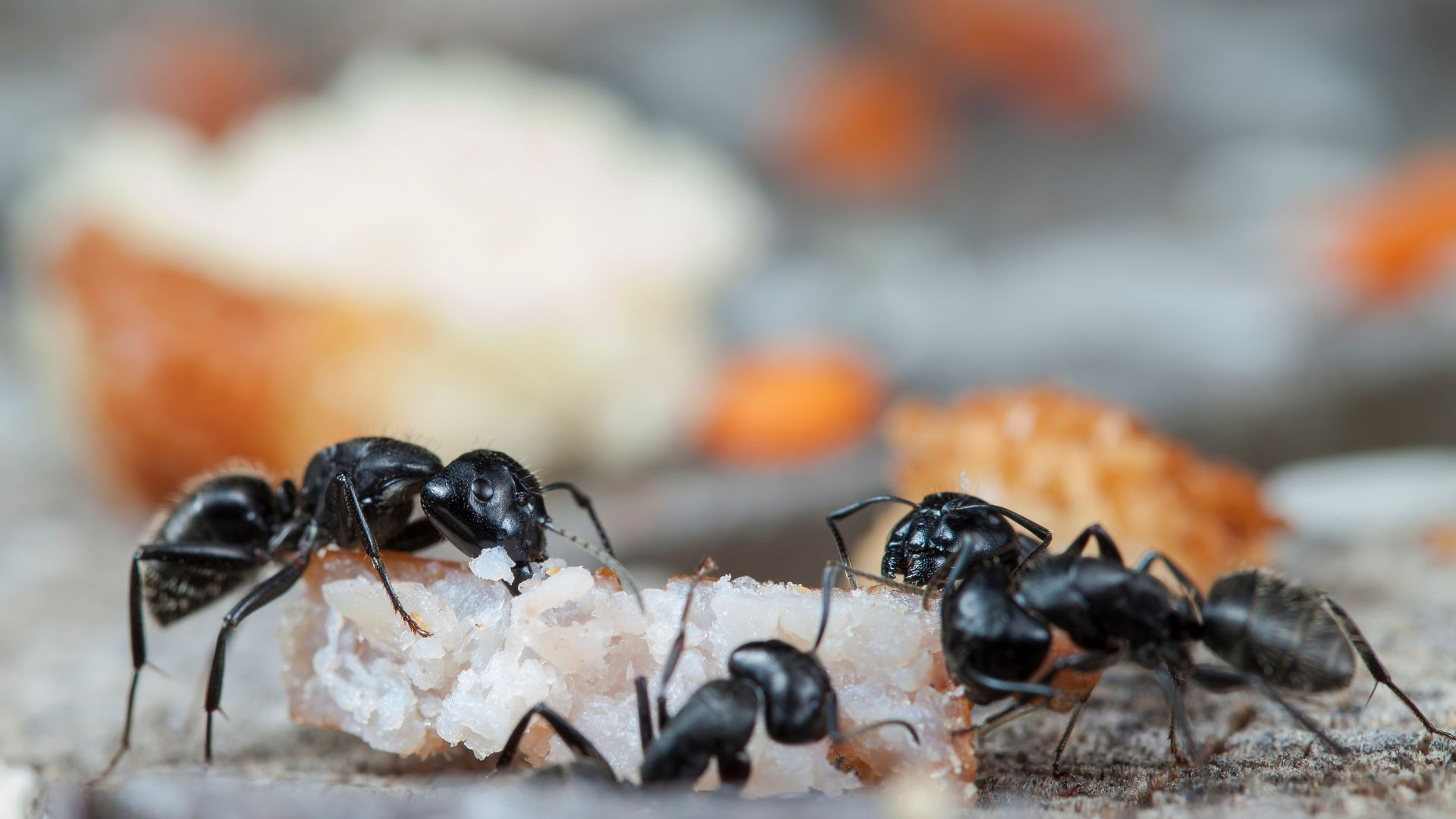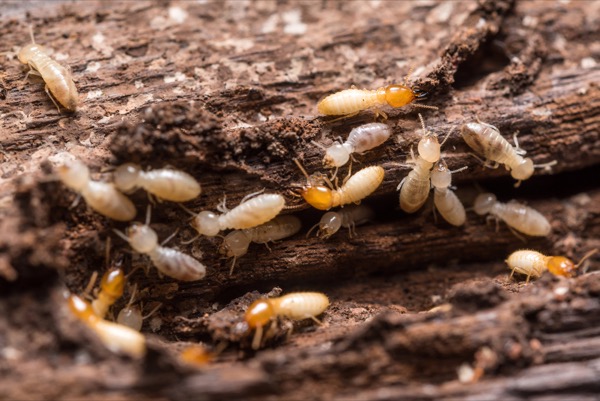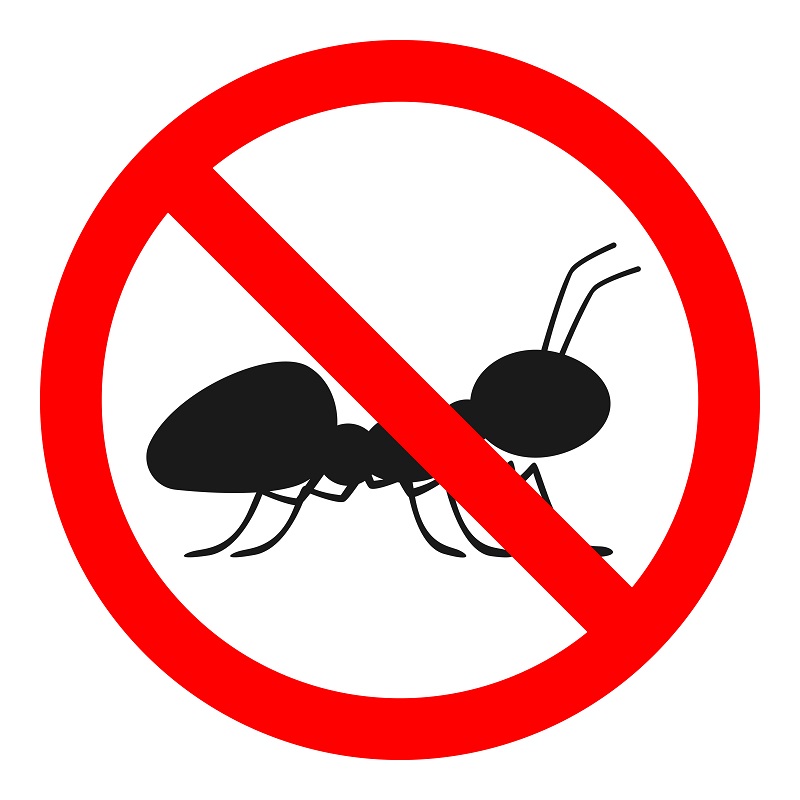Expert Termite Control Services: Secure Your Home from Termite Damages
Expert Termite Control Services: Secure Your Home from Termite Damages
Blog Article
Environmental Effect of Insect Control: Harmonizing Performance With Sustainability
The ecological effect of pest control is an essential concern that calls for a fragile balance between attaining efficiency in managing bugs and making sure sustainability of our environments. As we strive to shield our crops, homes, and health from the threats postured by bugs, the methods we use can accidentally damage the atmosphere. From making use of harmful chemicals that leak right into our soil and water to the unplanned repercussions on non-target varieties, the repercussions of standard insect control techniques are significant. However, there are arising strategies that supply wish for a more sustainable technique to pest monitoring. These solutions not only objective to attend to the prompt parasite issues yet likewise think about the lasting health and wellness of our planet.
Dangerous Chemicals in Bug Control
The utilization of dangerous chemicals in parasite control postures substantial ecological and wellness dangers that necessitate mindful factor to consider and reduction approaches. Herbicides, pesticides, and chemicals are generally utilized to eliminate insects, however their widespread application can lead to unintentional consequences. These chemicals can contaminate dirt, water sources, and the air, affecting not only the targeted insects but also beneficial pests, wild animals, and humans.

To deal with these threats, incorporated pest monitoring (IPM) strategies are being advertised as a much more sustainable alternative. IPM includes a combination of methods such as organic control, habitat control, and the targeted use of pesticides as a last option (ant control mathews nc). By embracing a holistic strategy to pest control, we can lessen the environmental and health and wellness impacts linked with harmful chemicals while effectively taking care of pest populaces
Influence On Non-Target Species
Considering the unplanned repercussions of insect control methods, the effect on non-target species is a vital element that needs thorough assessment. While bug control actions aim to target particular parasites, other microorganisms in the community might be inadvertently influenced. Non-target types, including beneficial pests, birds, creatures, and even plants, can experience direct or indirect damage from chemical applications or organic control methods.
Pesticides can have sub-lethal or dangerous impacts on non-target species. Insecticides made to combat a particular insect pest may harm pollinators like or natural killers such as ladybugs. In addition, chemical residues can collect in the atmosphere, affecting non-target microorganisms gradually. Likewise, biological control representatives, if not species-specific, can pose threats to unintentional targets, interfering with the eco-friendly balance.
To mitigate the influence on non-target types, incorporated bug management (IPM) methods that highlight an all natural approach to pest control are suggested. These approaches prioritize using ecologically friendly techniques, lessening damage to advantageous organisms while effectively taking care of pest populations. Conducting detailed danger analyses and keeping an eye on the end results of bug control initiatives are vital action in safeguarding non-target types and advertising overall environment health.
Soil and Water Contamination
Unintentional ecological effects of insect control approaches extend beyond affecting non-target varieties, with considerable ramifications for soil and water contamination - termite control. Chemicals, herbicides, and chemical plant foods made use of in pest control can seep into the dirt and contaminate groundwater, posing a risk to both aquatic and earthbound environments.
Water contamination is one more vital problem connected with parasite control techniques. To mitigate soil and water contamination from pest control activities, integrated parasite management approaches that focus on sustainability and minimize chemical inputs are vital.
Air Contamination From Pesticide Usage
Direct exposure to air-borne pesticides throughout farming applications postures a significant worry for air contamination control measures. In addition, pesticide drift, where pesticides are lugged by the wind to unintended locations, can lead to the contamination of neighboring communities and water bodies.

Approaches for Sustainable Parasite Control
In the realm of farming practices, executing sustainable pest control strategies is paramount for keeping environmental balance and guarding plant returns. Sustainable insect control stresses making use of eco-friendly approaches to take care of bug populaces properly while minimizing injury to non-target organisms and ecosystems. Integrated Bug Management (IPM) is a commonly taken on strategy that combines organic, social, physical, and chemical control techniques to achieve long-term bug monitoring services.
Plant rotation and diversity are likewise effective strategies to interrupt pest life cycles and create much less desirable problems for bugs to flourish. Inevitably, by incorporating these sustainable parasite control approaches, farmers can accomplish a balance in between pest administration effectiveness and ecological stewardship.
Conclusion
In final thought, the environmental impact of parasite control approaches must be meticulously taken into consideration to balance effectiveness with sustainability. Hazardous chemicals made use of in parasite control can result in dirt and water contamination, air pollution, and injury non-target varieties - ant control. It is crucial to execute sustainable parasite control approaches to minimize these adverse effects on the atmosphere and promote a healthier community for future generations
By embracing an all natural strategy to pest control, we can minimize the environmental and health and wellness influences linked with hazardous chemicals while successfully taking care of pest populaces.

To mitigate the air contamination created by pesticide usage, it is vital to take on incorporated insect monitoring techniques that focus on the use of non-chemical bug control approaches, such as crop turning, all-natural predators, and immune plant varieties. Lasting parasite control emphasizes the usage of environmentally pleasant approaches to take care of insect populations effectively while reducing injury to non-target microorganisms and environments. Integrated Parasite Management (IPM) is a commonly taken on strategy that combines biological, social, physical, and chemical control approaches to achieve long-lasting bug monitoring services.
Report this page